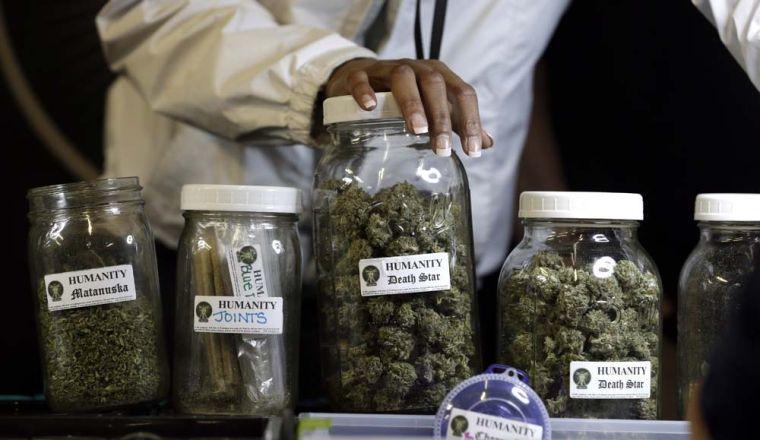“For The Times They Are a-Changin,’” declared iconic singer/songwriter Bob Dylan.
Dylan’s title track is arguably his most famous, as many people felt that it captured the spirit of the social and political rebellion that characterized the 1960s.
Despite being grounded in an era that was a half-century ago, the song’s overall message is based on the simple notion of a paradigm shift and the inevitable nature of change.
The United States is once again at the forefront of such change, as public opinion continues to shift dramatically on issues such as abortion, gay marriage and income equality.
Today, however, I want to center the focus on a topic that’s equally as controversial, but is becoming increasingly accepted, as population demographics continue to change: Legalization of marijuana.
Indeed, for the first time in more than 40 years of surveying public opinion on marijuana, the Pew Research Center announced last Thursday that a majority of Americans think that pot should be legal.
Not surprisingly, shifting attitudes have a lot to do with how overwhelming our generation — people between the age of 18 and 32 — support the decriminalization of cannabis.
In fact, the Pew study showed we support legalization at a rate of nearly 3 to 1.
Even the Boomer generation — people between the ages of 50 and 65 — has significantly altered its views on pot.
Instead of continuing their crusade against the “devil’s lettuce” by associating weed with notions of morality, 50 percent of boomers now think that marijuana should be legal, according to the Pew study, which is up from an abysmal 17 percent in the early ‘90s.
What do you think accounts for such a substantial switch in public opinion?
A whopping 72 percent of the poll respondents agreed that “government efforts to enforce marijuana laws cost more than they are worth.”
Yes, the economic case for the legalization of marijuana is quite persuasive, especially given the daunting fiscal outlook facing both state and federal governments.
Legalization would reduce state and federal deficits by eliminating spending on marijuana prohibition enforcement — arrests, prosecutions and incarcerations — and, by allowing governments to collect tax revenue on legalized sales.
In a 2005 study conducted by Harvard economist Jeffrey Miron, more than 500 economists, including Nobel Laureate Milton Friedman, estimated that legalization would generate $6.2 billion annually if it were taxed like alcohol and tobacco.
Adjusted for inflation in 2013 prices, that number balloons to $8.9 billion annually.
Additionally, Miron estimates that legalizing marijuana saves $7.7 billion per year in government expenditure to enforce prohibition.
Adjusted for inflation in 2013 prices, the annual public savings expands to $11.1 billion.
In total, the government benefits approximately $20 billion annually from marijuana legalization for the U.S. economy.
Now, I know what you’re thinking: $20 billion? How could that possibly make any kind of sizeable dent, if we have a national debt of more than $16 trillion?
It matters because most of this potential revenue and savings would be accrued by cash-strapped states, not the federal government, which can borrow anytime it needs to spend money.
Think of it this way: If we legalized pot, Gov. Bobby Jindal might be less likely to take a butcher’s knife to our state’s education budget, and we’d still have free scantrons at the Student Government office.
Regardless, with the hyper-partisan void between Democrats and Republicans obstructing the normal political process, states are in desperate need of alternative ways to receive funding.
As a result, Dylan might be our only chance at sparking the anthem of necessary change. And, last I heard, he is still touring 52 years after his musical debut.
Instead of watching Stephen Colbert crack jokes at the White House Correspondents Dinner, perhaps Dylan should perform a stirring rendition of “The Times They Are a-Changin?”
Jay Meyers is a 20-year-old economics sophomore from Shreveport.





